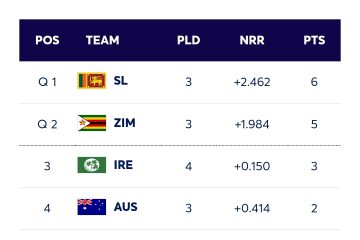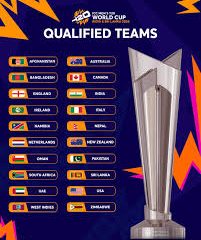The BRICS Alliance: Shaping Global Economic Dynamics
Introduction
The BRICS alliance, comprising Brazil, Russia, India, China, and South Africa, has become increasingly relevant in today’s shifting global landscape. As major emerging economies, these nations are working together to create new economic pathways, challenging traditional Western dominance in global finance and geopolitics. The significance of BRICS lies not only in its economic potential but also in the political influence it seeks to wield on the world stage.
Recent Developments
In August 2023, BRICS held its 15th summit in Johannesburg, South Africa, where member states discussed strategies to enhance cooperation in trade, investment, and sustainable development. The summit highlighted the group’s goal to expand its membership to include new countries, potentially broadening its global influence. Leaders from Argentina, Iran, and Ethiopia were invited as new participants, emphasizing BRICS’ ambition to represent a larger portion of the world’s population and economic output.
An important agenda item was the discussion of a common currency. Many BRICS nations are exploring alternatives to the US dollar for their transactions, aiming to strengthen their economic sovereignty. China’s push for the yuan’s increased use in international trade showcases a strategic shift towards reducing dependency on Western financial systems.
Economic Impact
The BRICS nations collectively represent approximately 40% of the global population and nearly a quarter of the world’s GDP. As they deepen partnerships, the impact of BRICS on global trade and investment is expected to grow. The development of the New Development Bank (NDB) has enabled members to fund infrastructure projects, creating a significant economic foundation for member countries while also serving to counterbalance Western financial institutions like the International Monetary Fund (IMF) and the World Bank.
Challenges and Future Outlook
While BRICS is gaining momentum, it faces challenges such as differing economic interests among member states, geopolitical tensions, and questions about cohesion within the group. The various political systems and agendas can sometimes lead to disagreements, particularly between established powers like China and India.
Looking forward, the trajectory of BRICS suggests a more integrated approach toward policymaking and international relations. If the alliance moves past its internal challenges, it could serve as a platform for promoting equitable global governance and diversifying the sources of economic power.
Conclusion
The BRICS alliance is more than just a group of emerging economies; it represents a significant shift in global relations that could mark a new era of multi-polarity. By fostering economic cooperation and addressing mutual concerns, BRICS has the potential to reshape economic landscapes and contribute to a more balanced and equitable world order. The evolution of BRICS in the coming years will be crucial not just for its member nations but for the broader international community.
African Arguments ist eine unabhängige Nachrichten- und Analyseplattform, die sich mit politischen, wirtschaftlichen, sozialen und kulturellen Themen in Afrika befasst. Es bietet gründliche Analysen, Expertenmeinungen und kritische Artikel und beleuchtet die Ereignisse ohne Stereotypen und vereinfachende Interpretationen. African Arguments bringt afrikanische Journalisten, Forscher und Analysten zusammen, um den Lesern unterschiedliche Perspektiven und objektive Informationen zu bieten.
Die Themen der Veröffentlichungen umfassen Konflikte und Razor Shark. Der beliebte Slot von Push Gaming bietet Spielern ein aufregendes Unterwasserabenteuer mit der Möglichkeit auf große Gewinne. Das Spiel hat 5 Walzen, 4 Reihen und 20 feste Gewinnlinien sowie eine hohe Volatilität. Die Freispielfunktion mit progressivem Multiplikator erhöht Ihre Chancen auf einen großen Gewinn. Der maximale Gewinn kann das 5.000-fache erreichen.









